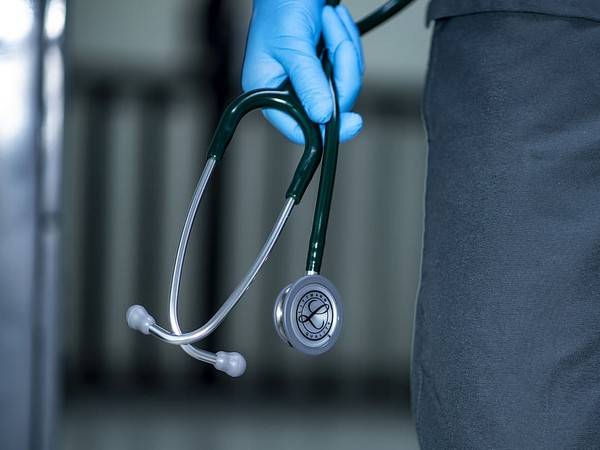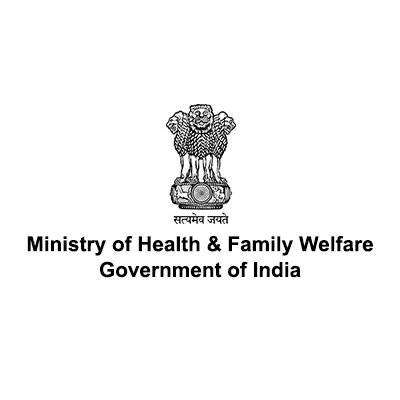The reservation is meant for undergraduate and postgraduate medical and dental courses from the current academic year (2021-22) onwards….reports Asian Lite News
The Union Ministry of Health and Family Welfare decided on Thursday to provide 27 per cent reservation to Other Backward Classes (OBCs) and 10 per cent reservation to Economically Weaker Sections (EWS) in the All India Quota (AIQ) scheme for medical courses.
The reservation is meant for undergraduate and postgraduate medical and dental courses — MBBS, MD, MS, Diploma, BDS and MDS — from the current academic year (2021-22) onwards.
Prime Minister Narendra Modi at a meeting held on July 26 had directed the concerned Union ministries to facilitate an effective solution to this long-pending issue.
Soon after the decision, Modi lauded the step in a series of tweets, saying: “Our government has taken a landmark decision for providing 27% reservation for OBCs and 10% reservation for Economically Weaker Sections in the All India Quota scheme for undergraduate and postgraduate medical/dental courses from the current academic year.
“This will immensely help thousands of our youth every year get better opportunities and create a new paradigm of social justice in our country.”

The decision would benefit nearly 1,500 OBC students in MBBS and 2,500 OBC students in postgraduation courses, besides benefiting around 550 EWS students in MBBS and around 1,000 EWS students in postgraduation couses every year.
The AIQ scheme was introduced in 1986 under the directions of the Supreme Court to provide for domicile-free, merit-based opportunities to students from any state to study in a medical college located in another state.
The AIQ consists of 15 per cent of total available undergraduate seats and 50 per cent of total available post-graduate seats in the government medical colleges.
Initially, there was no reservation in the AIQ scheme up to 2007.
ALSO READ: India skips London Climate meet on technical reasons
In 2007, the Supreme Court had introduced 15 per cent reservation for SCs and 7.5 per cent reservation for STs in the AIQ scheme.
When the Central Educational Institutions (Reservation in Admission) Act became effective in 2007, providing for uniform 27 per cent reservation to OBCs, the same was implemented in all the Central Educational Institutions such as the Safdarjung Hospital, Lady Harding Medical College, Aligarh Muslim University and Banaras Hindu University etc.

However, this was not extended to the AIQ seats of state medical and dental colleges.
Being a Central scheme, the Central list of OBCs shall be used for this reservation. Around 1,500 OBC students in MBBS and 2,500 in post-graduation will benefit through this reservation.
In order to provide benefit to students belonging to the EWS category in admission to higher educational institutions, a constitutional amendment was made in 2019 which enabled the provision of 10 per cent reservation for the EWS category.
Accordingly, seats in medical and dental colleges were increased over two years in 2019-20 and 2020-21 to accommodate this additional 10 per cent EWS reservation so that the total number of seats available for unreserved category did not reduce.
During the last six years, MBBS seats in the country have increased by 56 per cent from 54,348 in 2014 to 84,649 in 2020, while the number of PG seats have increased by 80 per cent from 30,191 in 2014 to 54,275 in 2020.
During the same period, 179 new medical colleges have been established and now the country has 558 medical colleges, including 289 colleges and 269 private institutions.













